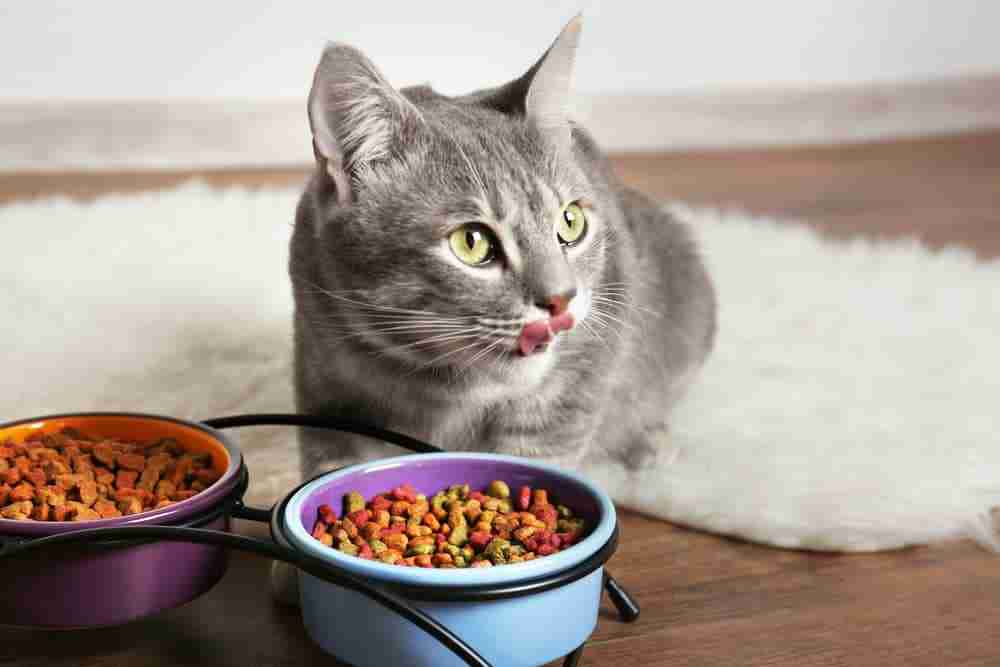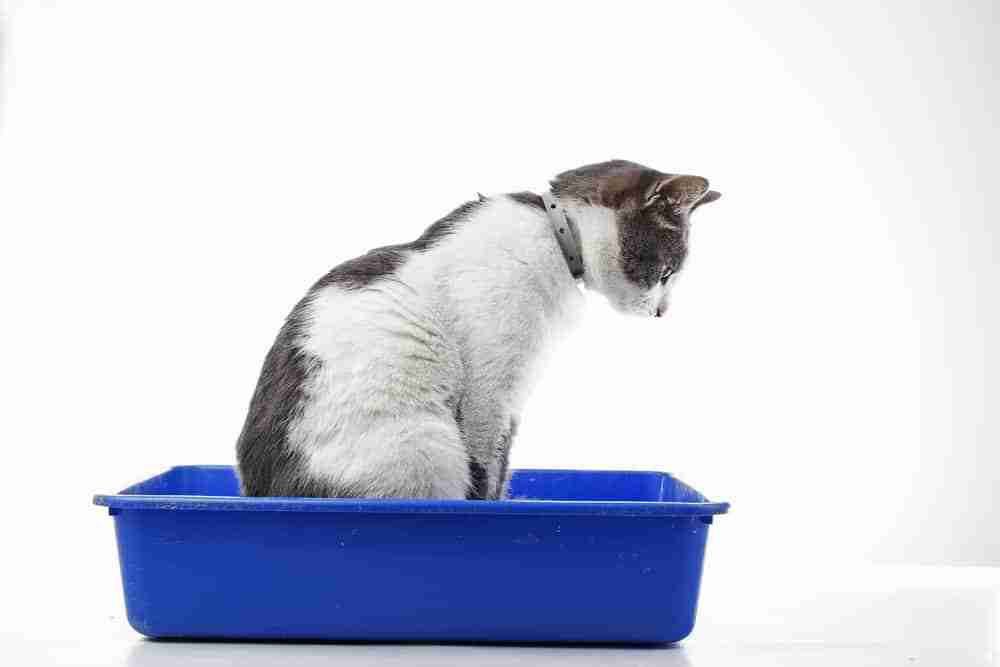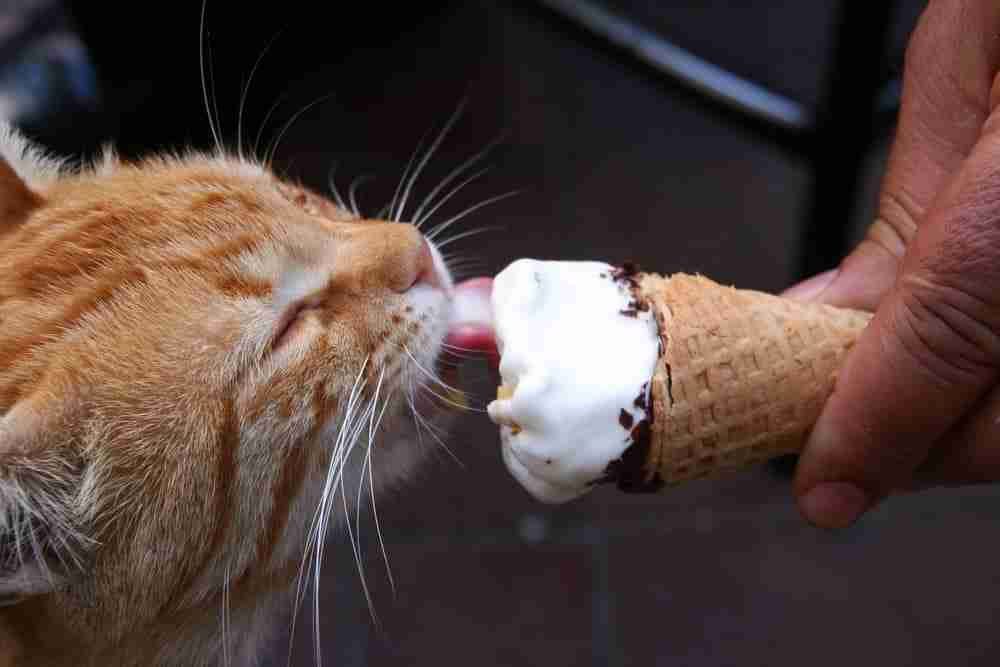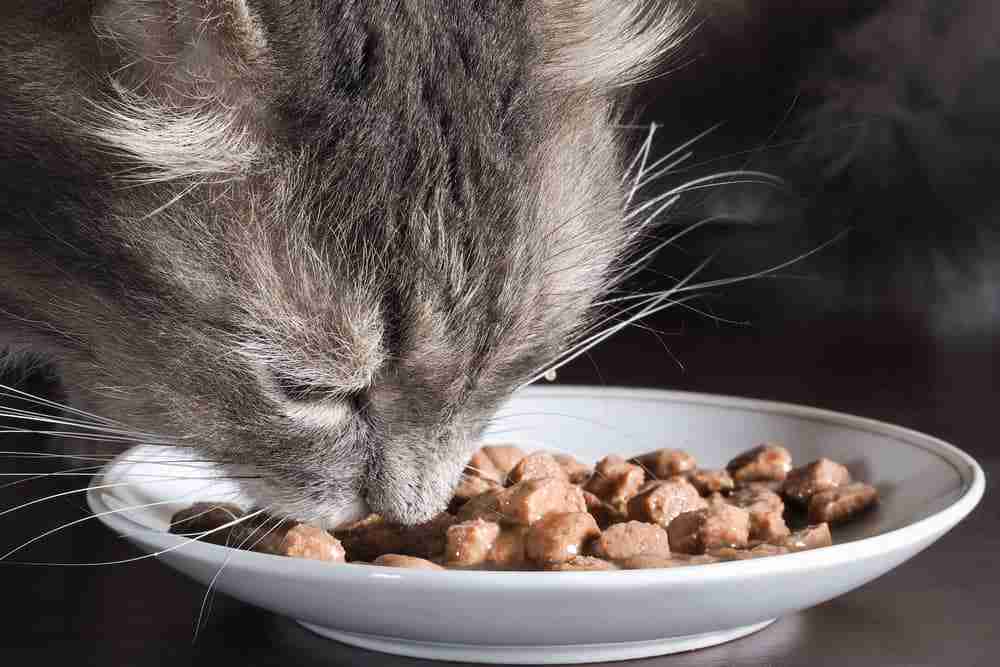How long does it take cats to digest food? Whether it is wet or dry food it takes 7-12 hours usually, but sometimes digestion can extend to as long as 20 hours. Read on to find out more…
Are you a responsible cat owner? If you love your furry feline, you’re probably feeding them the best food. Good nutrition is essential to your cat’s health. The food they eat directly impacts the look and vibrance of their coat, their eyesight, digestive health, and energy levels.
The best cat food brands use top-level ingredients providing optimal absorption of the nutrients in your cat’s digestive system. The higher the absorption rate, the more your cat gets out of their food, and the less waste they produce.
Cats are “obligate carnivores,” meaning they rely solely on meat for sustenance. The cat’s digestive system has a specific design that evolved over thousands of years to consume meat as its sole dietary requirement.
The cat draws all the minerals and vitamins they need from meat, and in the early days of cat domestication, farmers kept felines to control rat populations.
However, the modern house cat doesn’t have to sit and stalk its prey all night. Today, owners feed their cats premade cat food. There are dozens of brands, with thousands of cat food products available for your kitty to try.
Some cats like dry kibble, while others prefer wet, meat-like foods. Whether your cat enjoys chunks in gravy or dry biscuits, there’s a product out there to suit its dietary needs.
How Long Does It Take For Cats To Clear The Digestive System?
So, how long does it take your cat to digest its food? Typically, it takes your kitty around seven to 12-hours to digest their meal, depending on the ingredients and their digestive health.

Young cats have a higher metabolic rate than senior cats. As a result, they digest their food quicker than senior cats, and they get more out of the food.
Senior cats start to lose their ability to synthesize proteins later in life as part of the natural aging process. This slowdown in protein synthesis causes aging in cats, slowing the rate of digestion.
When you bring your kitten home, it’s a good idea to break them into good eating habits right away. The best option is to feed your cat at night, a few hours before bed. Digestion is responsible for nearly 60% of all energy produced by your cat.
Therefore, feeding them at night causes them to feel groggy, just like you do after eating a heavy meal. When they have a full tummy, they’re less likely to spend the night tearing around the living room, chasing the reflections of light bouncing off the walls.
How Can I Tell If My Cat Has A Blockage?
There are plenty of cat breeds, such as the British Shorthair, prone to developing blockages in the digestive system and suffering from constipation.
If your kitty doesn’t poop for a day or so, and they start to look bloated, they may be constipated. Some cats get blockages from over-grooming themselves, with the hair trapping in the digestive tract. Other breeds have a genetic predisposition to digestive disorders that develop blockages in the GI tract.

You’ll notice that your cat’s tummy looks very bloated, and some owners might think their cat is pregnant. Your cat may complain, and they’ll experience a great deal of discomfort with a blockage. If your cat doesn’t overcome its constipation in 48-hours, you’ll need to take them to the vet.
The vet sees this blockage/constipation problem all the time, and they know how to treat it. Most vets give your cat a laxative to help them pass stool and clear the blockage.
How Can I Tell If My Cat Has Digestive Problems?
Waiting too long to visit the vet might cause complications with your cat’s constipation. If the blockage remains, food or stool may start packing up in the digestive system. As a result of the backup, the cat can’t clear it, and the food or feces begins to calcify.
These calcifications in the digestive system can cause death in your cat, and a vet may need to operate to save their life. If you notice your cat’s constipated, and they look more bloated than normal, they could be dealing with a blockage.
If a blockage is present, your cat will likely stop feeding, and they’ll develop a sour mood. They’ll also cry when you pick them up or touch their tummy.
Some of the other signs of a digestive issue in your cat include lethargy as they can’t eat any new food until they pass the blockage.
Don’t Feed Your Cat Leftovers
If the family finishes dinner and there are leftovers, don’t feed them to your cat. Many owners have no problem making trash cans out of their cat with the leftovers on their plates.
However, this behavior is a mistake. Human food contains spices, oils, and additives that are harmful to cats. Your kitty will appreciate your act of kindness, but it might send both of you on a trip to the vet’s emergency clinic later that night.

Feeding your cat people food also affects the normal behavior of the gut biome. The gut biome is the microscopic bacteria living in your cat’s digestive system. It evolved over thousands of years to eat meat and nothing else.
By changing its food from cat food to people food, you make changes in the biome. The biome adapts to whatever the cat eats, and it also creates a dependency on that type of food.
Therefore, by feeding your cat your leftovers, you’re reprogramming their gut biome to enjoy eating people’s food, not cat food.
The result is that your cat will start refusing what you put in their dinner bowl. They’ll also hound you more at the dinner table, hoping for scraps. In the worst case, they might begin to dig through trash cans looking for scraps during the day.
Feeding your cat table scraps also increases weight gain in your feline friend. Along with weight gain comes a slew of health problems that reduce your kitty’s lifespan.
Avoid feeding your cat table scraps, and never feed them milk. Why people started feeding cats milk is anyone’s guess, we blame the movies. In any case, cats don’t have the capacity in their digestive system to process milk. After they finish weaning from their mother’s milk, they never go back to the stuff again.
Cats that drink milk get lactose intolerance and digestive issues associated with lactose allergies. Your cat may experience bloating, gas, and digestive discomfort. Diarrhea is another common symptom of lactose intolerance after drinking milk.
Keep them away from all dairy products like milk and cream; all these foods cause the same adverse reaction in cats.
How Do I Improve My Cats Digestive Health?
As mentioned earlier at the beginning of the post, the best way to improve your cat’s digestive health is with food. Ensure you’re giving your feline the best food you can afford.
Ideally, you want to give your cat high protein low carb wet cat food. This is closest to what cats eat naturally and the moisture in the wet food can help keep the digestive tract mobile. Please speak to your vet about the brands they recommend for your cat.
